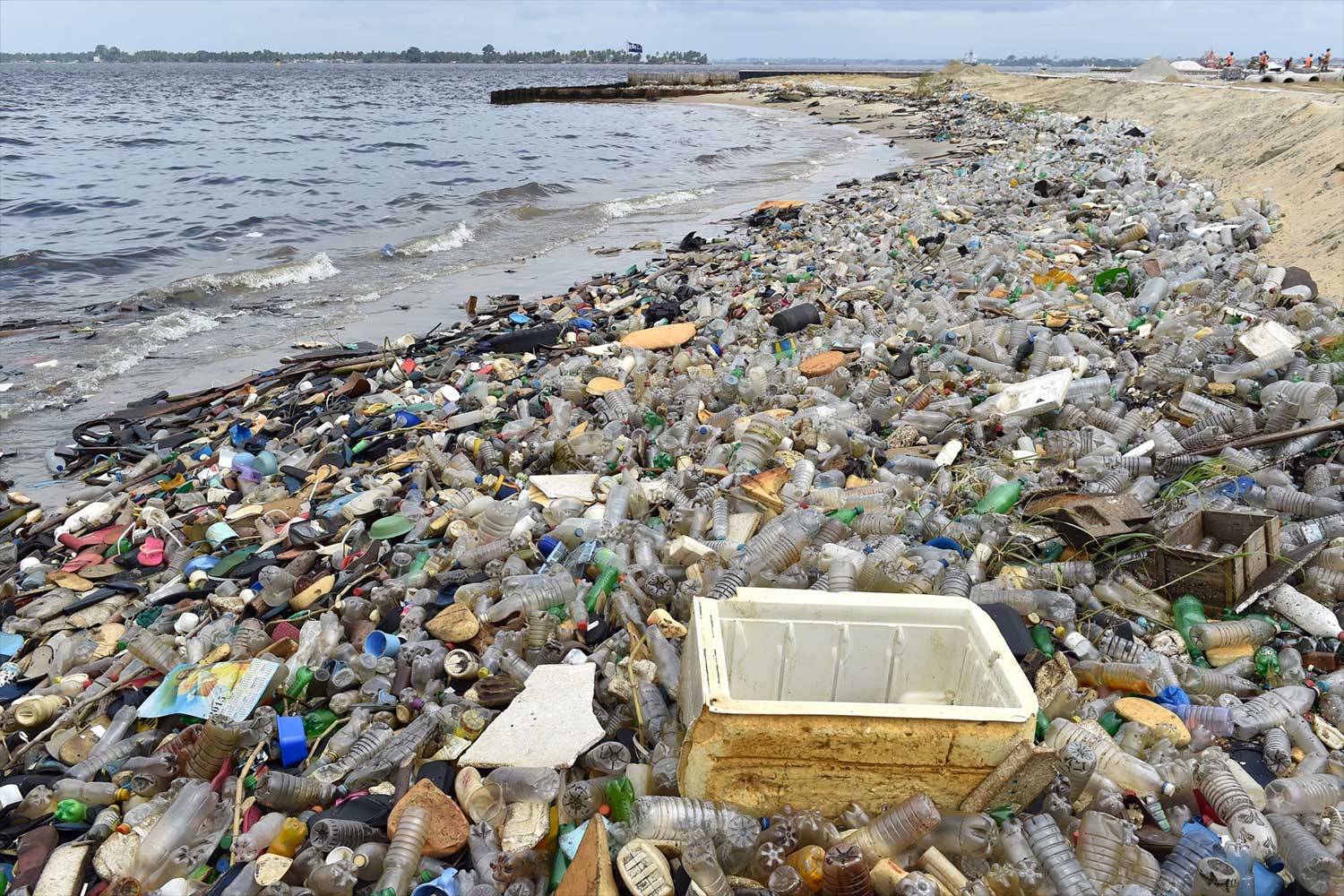Did you see this in the news recently? According to a recent study, by the year 2050, there will be more plastic in the world’s oceans (pound for pound) than fish. That report was released by the World Economic Forum and the Ellen MacArthur Foundation. You can do a Google search and read all about it. The Huffingtonpost.com piece about this opens by stating “In case you need further evidence that mankind is doing a remarkable job of destroying the planet, consider this …” (Chris D’Angelo, “The Oceans Will Contain More Plastic Than Fish By 2050 / Yes, you read that correctly.” 1/19/16); and the article published on the Washington Post website (Sarah Kaplan, “By 2050, there will be more plastic than fish in the world’s oceans, study says”1/20/16) points out that on the same day that this study was published, the journal Nature Communications published a study asserting that the United Nation’s Food and Agriculture Organization is “drastically underestimating the overfishing of the oceans” (by 50 percent or more; for the period between 1950 and 2010).
But what I mainly wanted to write about today stems from something that’s also been reported on recently, and that is this: according to the international, anti-poverty, nonprofit organization Oxfam, sixty-two individuals today have the same amount of wealth as half of the population of the planet, combined (the wealth of 62 people = the wealth of the world’s poorest 3,600,000,000).
Two of those sixty-two individuals would have to include the Koch brothers (specifically, Charles and David). Forbes magazine has the brothers tied as the sixth richest people in the world (in 2015). Combined, their wealth would even surpass that of Bill Gates, who’s at number one on the list of the world’s wealthiest individuals. I remember reading, I think it was roughly a year or so ago (if I’m not mistaken), that the Koch brothers plan to raise close to $900 million to influence the 2016 races (David even ran once for president, himself, in 1980). Why do I bring this up? Well, one of the reasons why I thought this might be worth mentioning is because in a review of Jane Mayer’s recently published book Dark Money: The Hidden History of the Billionaires Behind the Rise of the Radical Right — which appeared in this past Sunday’s edition of The New York Times Book Review (“Rightward Bound,” by Alan Ehrenhalt [a companion review, by Adrian Wooldridge, reviews a different book]) — the reviewer writes “Mayer reports that an E.P.A. database identified Koch Industries in 2012 as the single biggest producer of toxic waste in the United States.”
Also worth mentioning is something that has long since stood out in my mind as a perfect example of just how frighteningly out of sync with environmentalism and eco-consciousness, a free-market absolutist philosophy is. This comes from Joel Bakan’s book The Corporation (page 114). It is just a single word. One word. But, in context, it says so much. This is the passage to which I’m referring: “And Michael Walker, an economist who heads the Fraser Institute, Cato’s Canadian partner, responded with an enthusiastic “Absolutely!” when asked whether he believed every square inch of the planet should be under private control.” The Fraser Institute, it should be worth noting, receives funding — either directly or indirectly (according to the Wikipedia article about the Fraser Institute) — from the Koch brothers.
Another perfect example of the chilling and flippant disregard many so-called “conservatives” have for the environment can be found in a review of Peter Huber’s 2000 book Hard Green: Saving the Environment From the Environmentalists: A Conservative Manifesto. (Mark Hertsgaard reviewed both Peter Huber’s Hard Green and Philip Shabecoff’s Earth Rising: American Environmentalism in the 21st Century, in his May 7, 2000 New York Times Book Review, “Greener Than Thou / Two books offer disparate plans for the environmental movement.”) Hertsgaard writes that Huber remarkably both dismisses the importance of global warming, and simultaneously concedes that “Miami might end up underwater,” as a result. Sarcastically, or perhaps simply mirroring Huber’s apparent belief system, Hertsgaard writes “But then humans don’t really need functioning ecosystems anyway,” because, and now he quotes directly from Huber’s book: “Cut down the last redwood for chopsticks, harpoon the last blue whale for sushi, and the additional mouths fed will nourish additional human brains, which will soon invent ways to replace blubber with olestra and pine with plastic. Humanity can survive just fine in a planet-covered crypt of concrete and computers.”
Every time I read that, I can’t believe there can be people who think that way; and yet, at the same time, I know that there are so many people who think that way (more or less). Contrast what Huber wrote, above, with the following sentiment expressed by American naturalist George Schaller — as published in an article that appeared in Parade Magazine (Michael Ryan, “We Have To Protect What We Have” Feb. 2, 1997) — “As an ecologist, you walk around the world and see the wounds and the scars, and your spirit just cries.” Elsewhere in the article he was quoted as stating that “the problems are the same all over the world. There’s been too much greed, too much consumption. We have to focus on saving some portion of nature for the next millennium.” This was a nice little article. At one point he even describes an experience where a female panda just came walking through the bamboo and plopped down right next to him and fell asleep. “That kind of acceptance by an animal,” he states, “is a wonderful feeling.”

